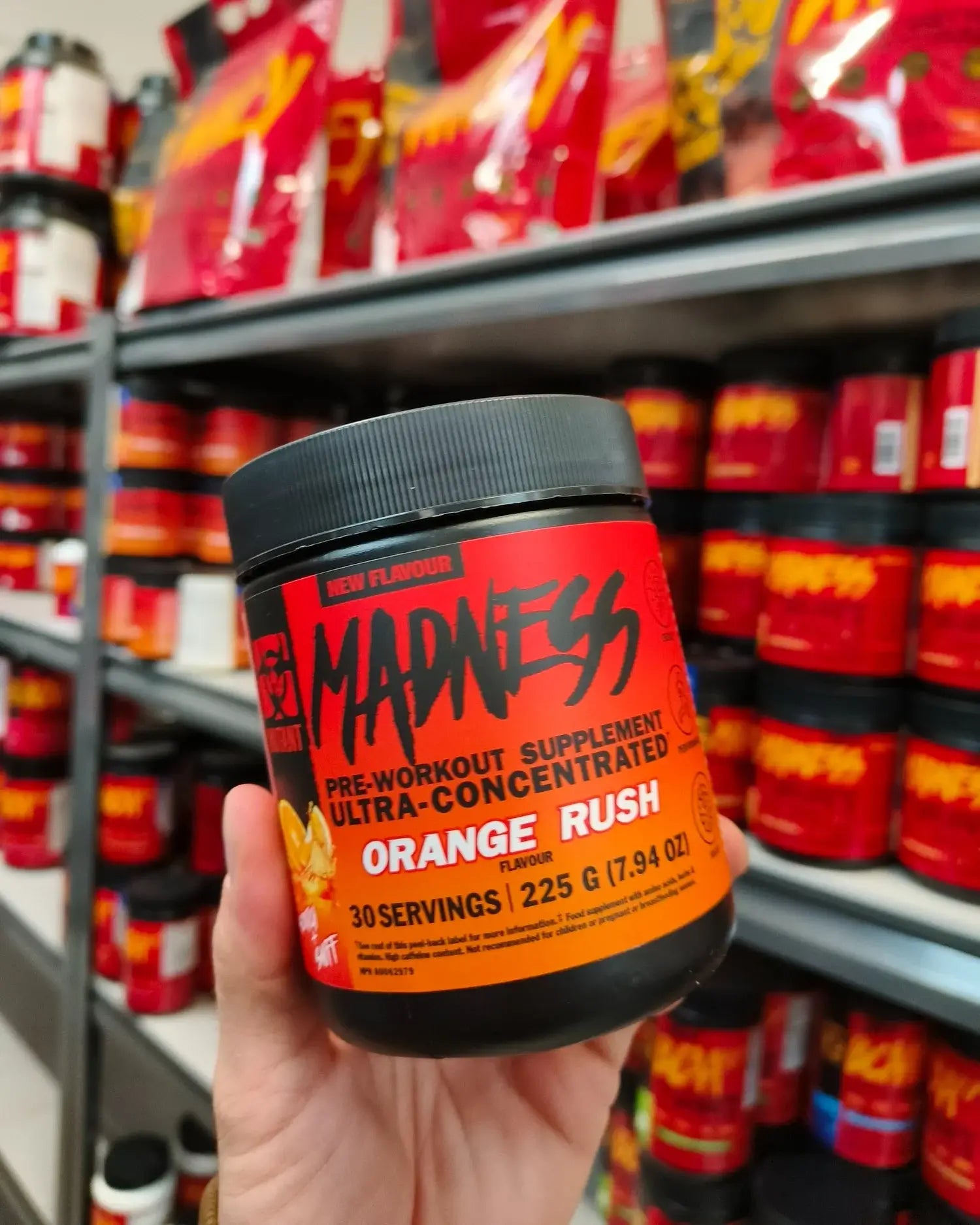Unlocking SEO Success: The Most Popular Questions, Answered
SEO
SEO Blog

Having built over so many Shopify sites over the years, we have compiled here some of the common questions that people generally face.
The blog will discuss about eight popular Shopify SEO questions with a comprehensive answer to them.
Answers To Some Of The Popular Shopify SEO Questions
Let us go through each of these answers one by one.
#1 What do you mean by Domain authority and why is it important?
Domain Authority (DA) is a crucial indicator of a website’s strength, with 1 indicating the highest authority and 100 indicating the lowest. This score is primarily dependent on two factors - number of backlinks and the quality of those links.
Your website has a better chance of ranking highly on search engine results pages (SERPs) if it has a higher DA score. It is an indicator to search engines that it is relevant to its industry or topic.
Although Domain Authority is not an official ranking factor used by Google, it is nevertheless a useful measure of how well your website is performing in comparison to its rivals. Studies have shown that a higher DA can help your site get more organic traffic from Google as compared to a lower one.
#2 What are the latest search engine algorithms used by Google?
Intrusive Interstitials
Google's recent upgrade targets intrusive Interstitials—those unpleasant popups that disturb user experience. Since Google views them as obstacles to information access, they may have a detrimental effect on SEO rankings. In order to prevent these popups from taking up the entire screen, it's critical to restrict their size and frequency. Keep in mind that the entire website won't be penalized—just the page with the intrusive Interstitials will.
Switch to Mobile-First Indexing
Google began prioritising mobile-first indexing in 2021, which means that your site's mobile version now plays a major role in SEO rankings. With increased mobile usage, it’s vital to ensure your site is optimized for fast loading, easy navigation, and outstanding content on mobile devices.
RankBrain
With the launch of Google Rank Brain in 2015, machine learning is used to better comprehend search intent, particularly for searches that are new. Based on user behaviour, this helps in delivering more relevant results.
Core Web Vitals (CWV)
CWV is part of Google’s page experience signals, focusing on improving user experience. Google measures each page as Good, Needs Improvement, or Poor based on three metrics:
- A) Largest Contentful Paint (LCP): Measures loading time of the largest visible element. A good score is under 2.5 seconds, while poor pages take over 4 seconds.
- B) First Input Delay (FID): Measures how quickly a page responds to user interactions. A good page responds in under 100ms, while poor ones take longer than 300ms.
- C) Cumulative Layout Shift (CLS): Measures visual stability as a page loads. Pages with a score below 0.1 are good, while scores above 0.25 are poor.
#3 Why is my competitor ranking above me in the search engine results?
To improve your website’s Google ranking, focus on optimizing your content. Ensure that you provide the most relevant information to your users integrated with targeted keywords. If competitors rank higher, their content likely aligns better with user intent.
Here are few of the factors that influence your ranking on search engines:
Relevant Content: Google's "Relevant Content System" prioritizes original, valuable content created for people, not search engines. Poor-quality content will harm your rankings.
Page Experience: This includes Core Web Vitals, mobile-friendliness, safe browsing, HTTPS, and the absence of intrusive Interstitials.
Core Web Vitals: Key metrics like loading speed, interactivity, and visual stability contribute to better rankings.
Mobile-First Indexing: Google prioritizes mobile-friendly content, so it is essential to ensure your site is optimized for mobile.
On-Page SEO: Cover basics like using optimized headings (H1, H2, H3), meta titles, descriptions, internal links, and alt text for images.
Quality Backlinks: High-authority, relevant backlinks help boost a site’s credibility, increasing its chances of ranking higher.
Keyword Density: Target keywords should be used naturally in the content to ensure search engines understand the page's topic. Avoid stuffing keywords into your content as your site can be penalized for this.
Blogging: A blog with educational, keyword - optimized articles on trending topics increases organic traffic and helps to dominate search results.
#4 Do ecommerce stores really need on-site optimization?
For an ecommerce website, on-site optimization is as important as a solid foundation is for a home. Every store should offer a flawless user experience together with excellent keyword optimized content. Enhancing SEO through internal linking is also essential since it affects organic ranks and exposure.
Benefits of on-site SEO for ecommerce stores include:
- Better keyword rankings
- Enhanced user experience
- Increased organic traffic
- Improved online visibility
- Greater website authority
#5 How often should the blogs be updated on my Shopify site?
Keeping your blog updated with new content on a regular basis is essential to increasing your online visibility and educating readers. In order to improve site authority and keyword ranks for Shopify SEO, many bloggers strive to post once or twice a week. However, quality always outweighs quantity. If you are unable to provide content often, concentrate on producing well-written, valuable content.
Remember, it's important to regularly optimize older content over time since neglecting them might result in lower traffic and deteriorating rankings.
You can keep the following things in mind before writing a Shopify SEO blog:
- Focus on offering helpful, engaging, and entertaining information.
- Remember the importance of keywords. Even the best content won't perform well if users can't find it. Aim for a couple of natural keywords per post.
- Consider your audience’s expectations. If they prefer frequent updates, post more often. However, in-depth, research-heavy content may need a less frequent schedule.
- Adapt to seasonal trends. If your niche has peak periods, adjust your content schedule to match with the demand.
#6 Shopify or Magento: Which one has a better SEO?
In our opinion, Shopify is a better platform but it also depends on what exactly you are looking for.
We will discuss the pros of using both Shopify and Magento, and then you can decide the better platform for yourself.
Pros of using Shopify SEO
Shopify offers excellent flexibility for technical SEO, with clean code, mobile responsiveness, and fast loading times—all key ranking factors. It makes routine SEO tasks like meta title, description, and redirect optimization easier. Additionally, you can alter URL structures to produce significant, SEO-friendly URLs.
Shopify supports structured data for rich snippets and automatically manages canonical URLs to avoid duplicate content, both of which improve your presence in search results. Furthermore, Shopify's app store provides SEO tools to further improve optimization, and its integrated blogging platform aids in bringing in organic traffic.
Pros of using Magento SEO
Magento too offers various SEO-friendly options for your ecommerce store. It enables you to build product names and keywords into SEO-friendly URLs that facilitate the understanding of your content by search engines. For every product, category, and page, you can also change the meta titles, descriptions, and keywords, which will help you optimise your website for search engines.
Furthermore, Magento creates XML sitemaps automatically, which makes it simpler for search engines to index your material.
#7 How long should my blog be?
Short Posts (Under 500 words):
- Quick tips, tricks, or insights
- Brief news updates or announcements
- Attention-grabbing headlines or listicles
Medium Posts (500 to 1,000 words):
- The most common length for blog posts
- In-depth exploration of a topic
- Can include a mix of text, images, and possibly videos
Long-Form Posts (1,000+ words):
- Comprehensive guides, tutorials, or research-based articles
- In-depth analysis of complex subjects
- Cover multiple aspects of a topic
For optimal organic search performance, aim for a minimum of 500 words, ensuring your articles provide valuable information.
#8 Can I rank an extremely competitive keyword for my ecommerce store?
It can be difficult to rank for extremely competitive keywords in ecommerce, but it is possible with the correct approach and commitment. It calls for a mix of frequent blog update, high-quality link building, and on-site optimization.
We advise taking a long-tail strategy and concentrating on less competitive keywords that together generate reasonable traffic. You can progressively change your strategy to target more competitive keywords as your domain authority increases.
Shopify SEO Tips for Targeting Competitive Keywords:
Relevant Target Pages: Ensure you have dedicated pages that search engines want to rank.
Quality Content: Create informative, engaging, and keyword-targeted content that is user-friendly.
Mobile Optimization: Make sure your site is accessible on all devices.
On-Page SEO: Optimize image alt texts, headings, metadata, and links, incorporating target keywords naturally.
Site Speed: Compress large image files to improve loading times.\
Backlinks: Acquire high-quality, authoritative backlinks from relevant sources.
Technical SEO: Strengthen technical performance by fixing broken links, creating an XML sitemap, and using structured data markup for products.
We hope this has clarified some common misconceptions and emphasized the significance of having a well-defined digital marketing strategy.
If you have any questions about SEO or Shopify agency, don’t hesitate to reach out to our team of experts. We’re eager to assist you, always!
CrawlApps
At CrawlApps, we don’t just build Shopify stores—we create experiences that sell. We’re a bunch of problem-solvers who love turning ideas into stores that actually converts. Whether it’s fixing what’s broken or building something from scratch, we make sure every detail works in your favor. No fluff, no jargon—just real solutions that help your business grow. If you’re serious about Shopify, you’ll feel right at home with us.















